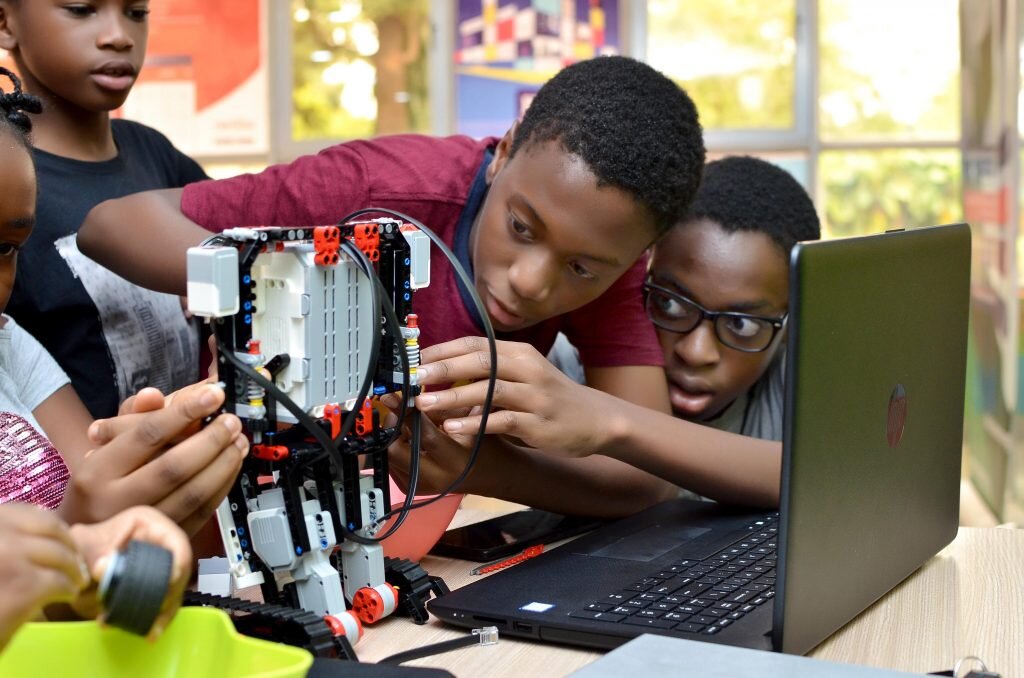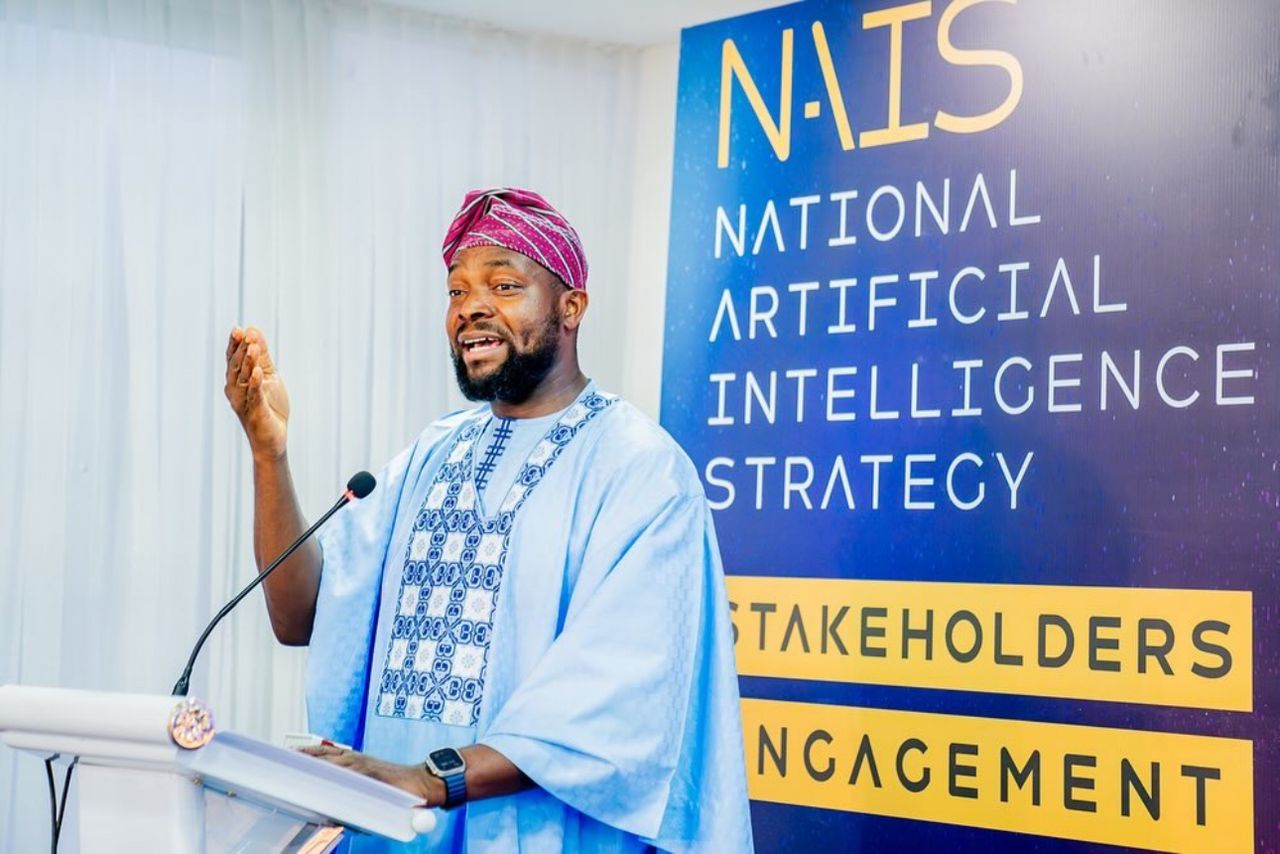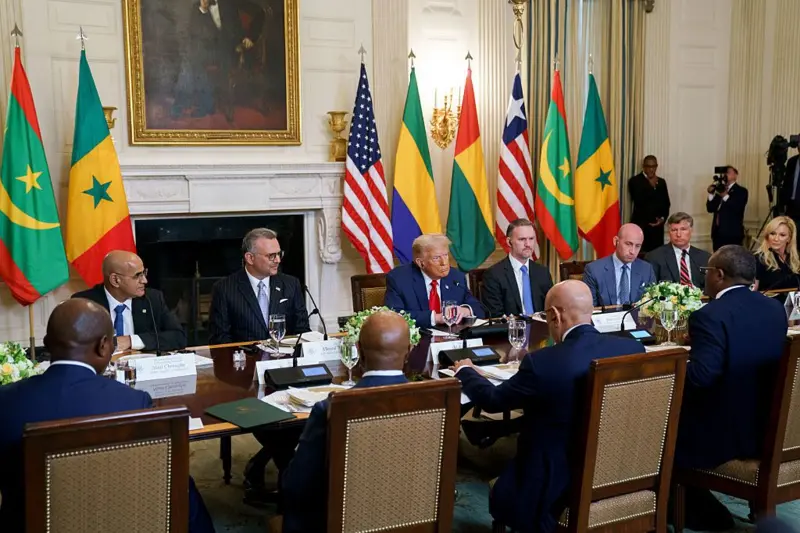In the shadow of global tech giants, Africa is no longer a spectator in the AI revolution. As of September 16, 2025, the continent pulses with policy momentum, blending ambition with caution to harness artificial intelligence for equitable growth. But beneath the buzz lies a profound truth: AI could either liberate Africa’s potential or deepen its divides—depending on who writes the code.
This year has been a watershed. In the first quarter alone, Côte d’Ivoire, Kenya, and Namibia unveiled national AI strategies, while Lesotho and Tanzania released drafts. These blueprints prioritize sectors like agriculture, health, and governance, tying AI to national visions—Kenya’s Bottom-Up Economic Transformation Agenda, for instance—to drive socioeconomic uplift. South Africa, not to be outdone, is advancing its Draft National AI Policy, aiming to seize opportunities, curb risks, and assert sovereign control over AI development.
Just days ago, on September 13, Pretoria announced plans for a National AI Network of Experts to guide this charge.
Echoing continent-wide resolve, the April 2025 Global AI Summit in Kigali birthed the Africa Declaration on Artificial Intelligence. Endorsed by 49 nations, the African Union, and Smart Africa, it pledges a $60 billion AI Fund and an Africa AI Council to bolster governance, talent, data, and infrastructure. Yet, Africa’s slice of global AI investment remains a meager 1%, risking “digital colonialism” where foreign tools dominate local realities.
Safety emerges as a cornerstone. A September 1 report from the Global Center for AI outlines a five-pillar plan: Anchor governance in human rights; launch an African AI Safety Institute for research and policy; boost public literacy; create multilingual early-warning systems for 25+ languages; and host annual AU AI Safety Forums to unify voices globally.
Meanwhile, the AU High-Level Panel on Emerging Technologies convened on September 11 to refine Africa’s AI program, emphasizing transparent, accountable guidelines that reflect local contexts—lest AI perpetuate biases or inequalities.
Economic stakes are sky-high. By 2030, Africa’s AI market could hit $16.5 billion, fueled by leaders like South Africa (300 startups, 5,000 specialists targeted) and Kenya (AI in healthcare and finance).
Private muscle flexes too: Safaricom’s $500 million East African AI push in health, farming, and finance; Google’s 4.8 billion shilling continent-wide support for startups and skills. But challenges loom—talent gaps, infrastructure woes, and the specter of job displacement in informal economies.
Research ramps up amid urgency.
Tomorrow, September 17, marks the deadline for IDRC’s call for concept notes on AI’s socio-economic ripple effects in sub-Saharan Africa. Focusing on labor, productivity, poverty, and “AI colonialism,” it demands inclusive lenses on gender, disability, and equity, open to LMIC-based orgs for evidence-based policymaking.
Looking ahead, UNESCO’s Johannesburg conference from September 29 onward—under South Africa’s G20 presidency—will launch the AI for Africa Initiative. Co-hosted with the AU and multilateral banks, it targets the continent’s 2.5% global AI market share, pushing policies for sustainable development, talent cultivation, and innovation in energy and startups. AI’s promise? A $2.9 trillion economic boost by 2030—if Africa builds from within.
Africa’s AI policies aren’t mere documents; they’re declarations of independence. In a world where intelligence is commodified, the continent must code its destiny—or risk being coded out. The revolution isn’t coming; it’s here, demanding bold, profound action now.




